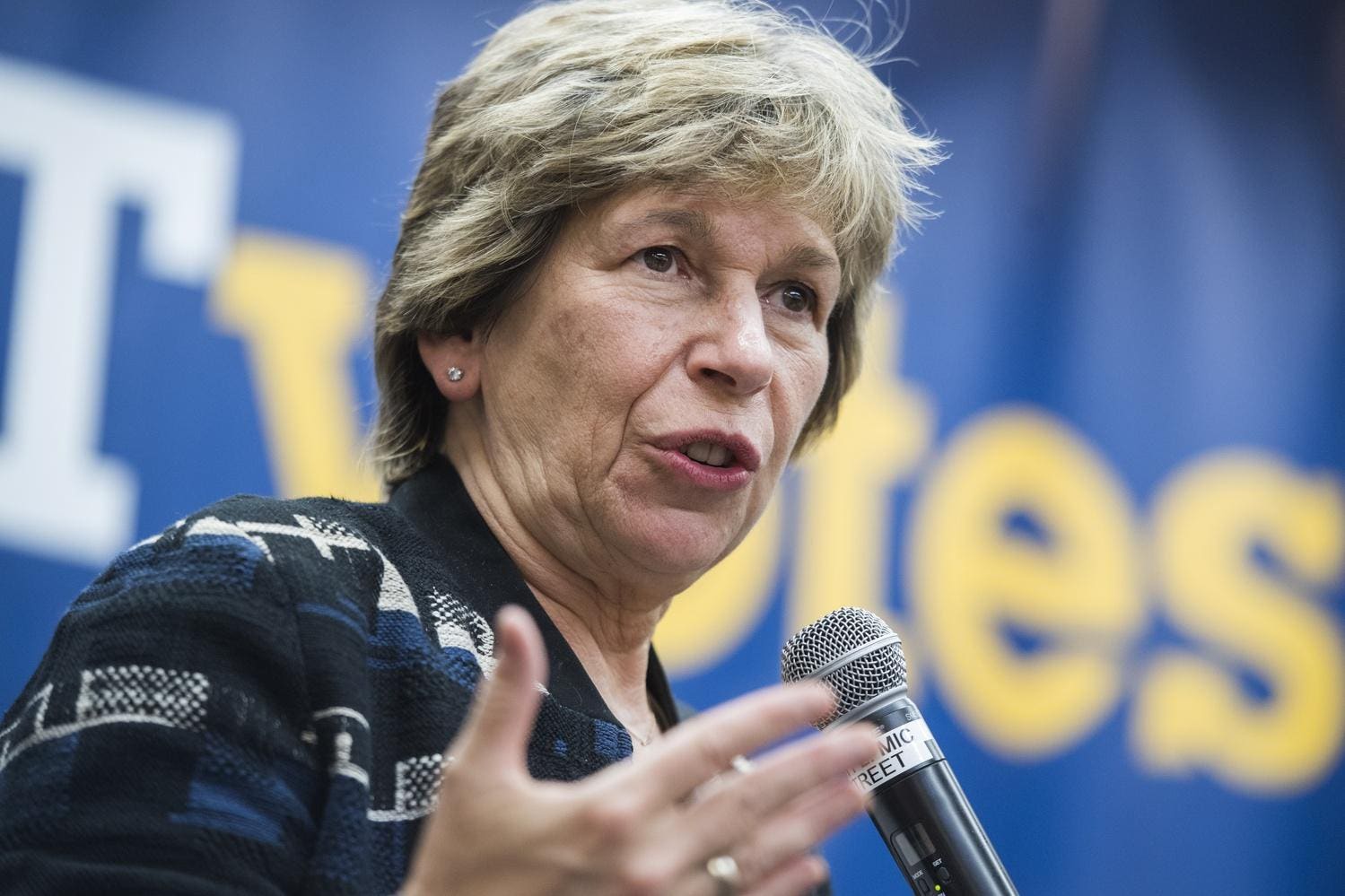Welcome to yougotdoge.com!
The recent Supreme Court ruling in Mahmoud v. Taylor, which allows parents to opt their children out of lessons containing themes of homosexuality and transgenderism, has sparked a significant debate. The decision, made with a 6-3 vote, emphasizes parental rights in education and has drawn contrasting reactions from leaders of major teachers’ unions.
Becky Pringle, President of the National Education Association (NEA), expressed her disappointment, stating, “Students pay the price when books are censored and educators are silenced.” She believes the ruling undermines the expertise of trained educators and harms students, framing it as a setback for educational integrity.
Conversely, Rfandi Weingarten, President of the American Federation of Teachers (AFT), emphasized the importance of parental input in education. She asserted, “Parents must have a say about their own kids; they are our partners in education,” advocating for local resolution of such matters rather than Supreme Court involvement.
This divide among union leaders is noteworthy, especially since both typically share similar political views. However, Weingarten’s current stance reflects a growing recognition of parental authority in educational content.
Supporters of the ruling argue that it represents a victory for parental rights against what they view as a progressive agenda in schools. Many conservative voices believe that teachers’ unions have prioritized ideological agendas over the wishes of parents, prompting calls for reform.
The Supreme Court’s decision may set a precedent for future cases involving parental rights and educational content, reigniting discussions about the role of parents in their children’s education. As this debate continues, it is essential for all stakeholders to consider the implications of their positions and the future direction of education in America.
In conclusion, the ruling in Mahmoud v. Taylor not only reinforces parental rights but also highlights the ongoing rift in the education community regarding the balance of power between parents and educators. As discussions unfold, this issue remains critical in shaping the educational landscape.





